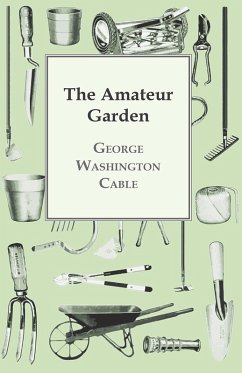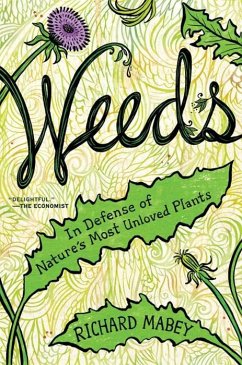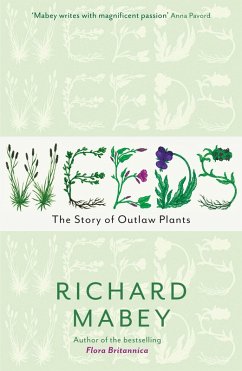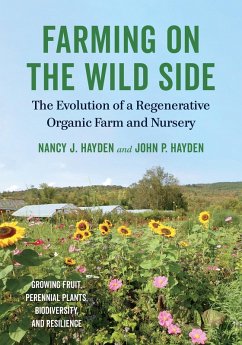
On Naval Timber and Arboriculture (eBook, ePUB)
With Critical Notes on Authors who have Recently Treated the Subject of Planting
Versandkostenfrei!
Sofort per Download lieferbar
0,49 €
inkl. MwSt.
Weitere Ausgaben:

PAYBACK Punkte
0 °P sammeln!
Patrick Matthew's "On Naval Timber and Arboriculture" is a groundbreaking exploration of the relationship between forestry practices and naval architecture, written in the mid-19th century. Matthew's eloquent prose intertwines empirical observation with vivid descriptions of various tree species, emphasizing the significance of sustainable forestry for shipbuilding. His meticulous approach reflects the burgeoning scientific interest in ecology and natural history during a period marked by industrial expansion, making this work both a technical manual and a philosophical treatise on nature's va...
Patrick Matthew's "On Naval Timber and Arboriculture" is a groundbreaking exploration of the relationship between forestry practices and naval architecture, written in the mid-19th century. Matthew's eloquent prose intertwines empirical observation with vivid descriptions of various tree species, emphasizing the significance of sustainable forestry for shipbuilding. His meticulous approach reflects the burgeoning scientific interest in ecology and natural history during a period marked by industrial expansion, making this work both a technical manual and a philosophical treatise on nature's value. As a Scottish botanist and ship owner, Matthew's professional experiences with timber sourcing and maritime engineering uniquely positioned him to advocate for improved forestry management. His insights were shaped by a practical understanding of the timber trade, alongside a profound appreciation for the environmental implications of resource depletion. Furthermore, Matthew's intellectual milieu was influenced by the emerging theories of evolution, giving his argument a pioneering edge that foreshadowed modern conservation efforts. This book is highly recommended for scholars, environmentalists, and anyone interested in the historical intersections of ecology and industry. Matthew's vision remains relevant today, urging readers to consider the long-term sustainability of natural resources in a world where such conversations are more critical than ever.
Dieser Download kann aus rechtlichen Gründen nur mit Rechnungsadresse in A, B, BG, CY, CZ, D, DK, EW, E, FIN, F, GR, H, IRL, I, LT, L, LR, M, NL, PL, P, R, S, SLO, SK ausgeliefert werden.













